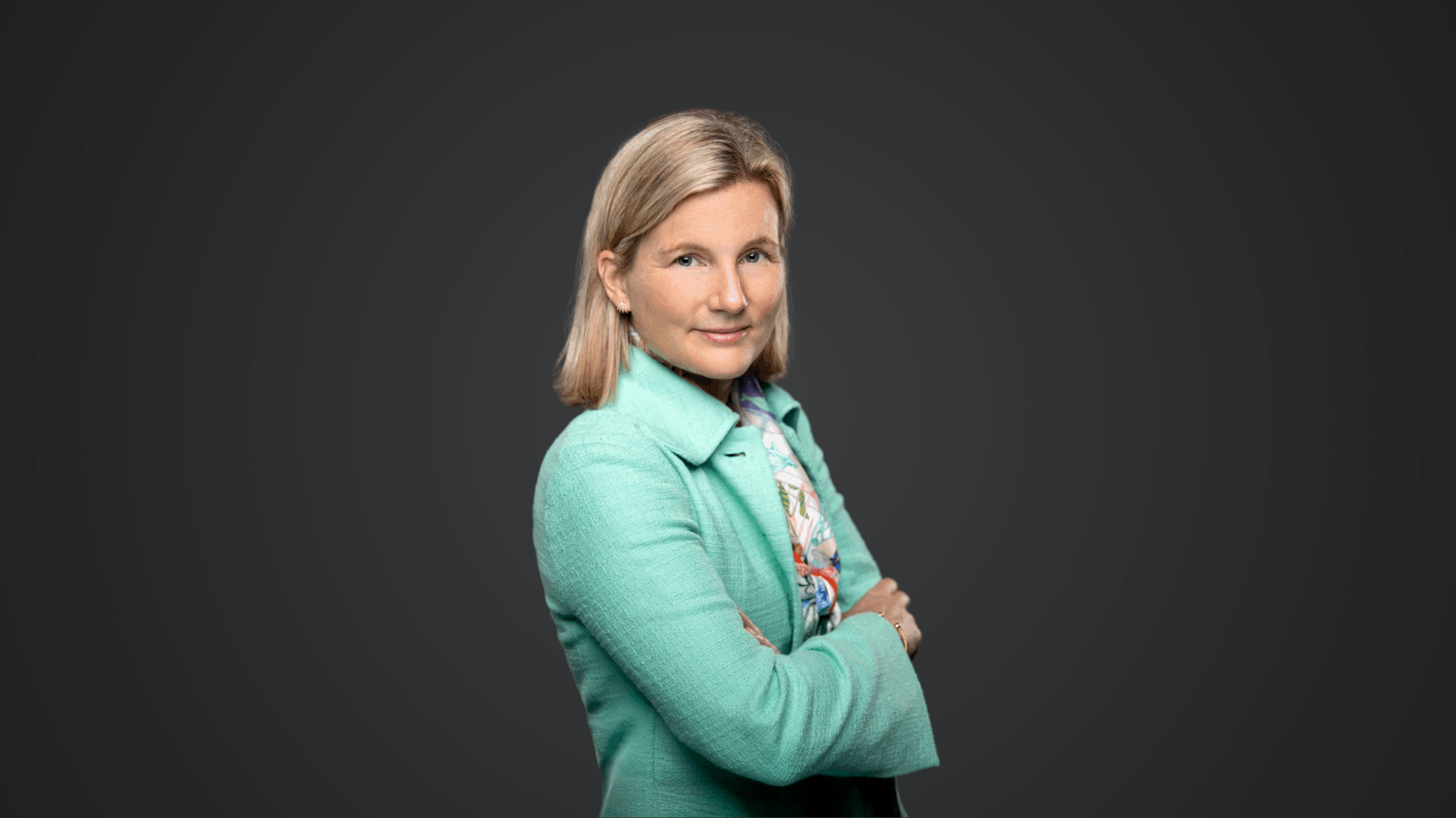Marie-Laure Gastellu, head of Trade Services at Societe Generale, shares her thoughts on the role of data, ESG and ISO 20022 in trade finance.

Global Finance: How can data assist with trade finance?
Marie-Laure Gastellu: Data and AI can assist in many aspects: better understanding of clients’ trade flows, peer benchmarking, fraud management, meeting ESG goals, accelerating trade digitalization and bringing data to clients’ TMS/ERP [treasury management systems and enterprise resource planning] for end-to-end digital and efficient workflows.
A more digital trade will lead to increased trust in the ecosystem by all players, better access to trade instruments by SMEs and shorter delays for trade flows, translating into more efficiency and lower costs.
Societe Generale is investing significantly each year in building its data patrimony. We are convinced of the value brought by closer cooperation with tech companies to combine their agility and innovation with our expertise. As an example, Societe Generale launched in 2022 the Payment & Transaction Banking Accelerator to accelerate innovation in transaction banking.
In trade, we are notably considering fintech in digitalization of bill of lading and carbon-emission tracking in trade flows. We also heavily invest in automating compliance checks in trade documents. And we are investing in API [application programming interface] capabilities to facilitate interoperability with external platforms. We are very proud of the partnership we signed recently with Komgo to offer a user-friendly digital platform.
Our trade finance department is actively collaborating with our own Global Transaction Banking Data Lab, launched two years ago, which enables us to track the main export corridors.
GF: What impact do you foresee ISO 20022 having on trade finance?
Gastellu: ISO 20022 is both a constraint and an opportunity. A constraint because of the required adaptation for banks of their information system and their processes, leading to heavy investments. An opportunity thanks to the standardization of SWIFT messages which will enable banks to access much more data, hence developing more pertinent and tailor-made solutions suiting specific client needs. It is also the opportunity for all players in the ecosystem to benefit from a more robust system to fight fraud. ISO 20002 will also facilitate trade digitalization, thanks to normalization of data fields in SWIFT messages.
GF: How are you helping clients with ESG?
Gastellu: Trade finance is one of the financial sources that the banking industry can use today to foster the ESG transition and efforts of its clients. Societe Generale has been pioneering this new segment since 2019 and is now offering a full range of value-added ESG-oriented solutions. We are offering environmental and social trade-finance solutions, such as guarantees and letters of credit which guarantee, support and finance underlying projects that have a clear positive contribution to the environment or the society. This “asset based” approach covers several sectors, including renewable energy, clean transportation, sustainable water & wastewater management, waste management and hydrogen, but also health, education and affordable housing on the social leg. These solutions have been designed in accordance with the best market standards, such as the Green & Social loan principles, green bond principles and the EU Green taxonomy. Societe Generale is also participating in the launch of the ICC sustainable trade-finance standards as one of the pilot banks.
In addition to that, we also offer sustainability-linked solutions. In this context, we define with them key E&S targets they want to achieve, which are usually defined in the frame of their Group’s ESG strategy. We then incentivize their performance by granting a bonus or a malus, which can alternatively lead to donations to associations or NGOs.
Finally, we can also offer “hybrid” trade-finance facilities, embedding both environmental/social and sustainability-linked mechanisms. The scope of these solutions is constantly evolving in this very young but dynamic market, where the demand is constantly increasing. McKinsey estimates that by 2025, sustainable trade-finance revenue pools will reach $16 billion to $20 billion, growing at an annual rate of approximately 15% to 20%.
As highlighted in the Paris Agreement, the financial sector has a key role to play to make “finance flows consistent with a pathway towards low greenhouse gas emissions and climate-resilient development” [UNFCCC, 2015]. We believe that trade finance can be a clear enabler and an additional way for supporting this global necessary shift.



